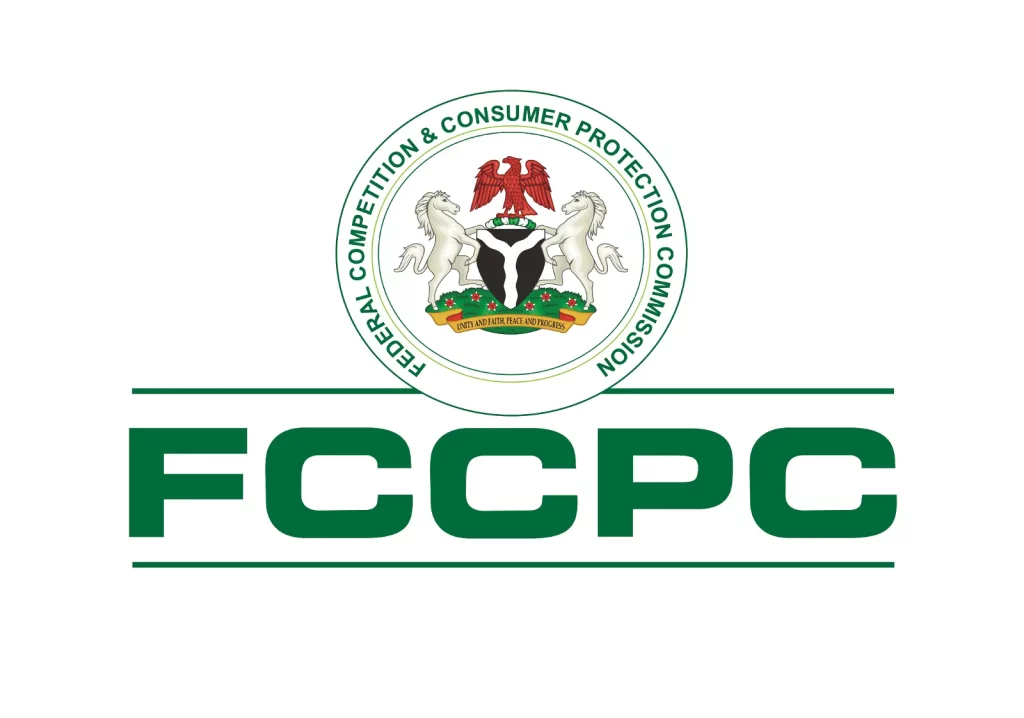The Federal Competition and Consumer Protection Commission (FCCPC) has lauded the action taken by the Nigerian Electricity Regulatory Commission against the Abuja Electricity Distribution Company (AEDC) to reimburse all customers in Bands B, C, D, and E who were billed above the allowed tariff bands and to pay a fine of ₦200 million.
The Acting Executive Vice Chairman, FCCPC, Adamu Abdullahi in a statement said the action represents a crucial step towards upholding consumer rights and ensuring fairness within Nigeria’s electricity industry.
The full statement reads, “The Federal Competition and Consumer Protection Commission (FCCPC) commends the recent enforcement action taken by the Nigerian Electricity Regulatory Commission (NERC) against the Abuja Electricity Distribution Company (AEDC) for violating the Supplementary Order to the Multi-Year Tariff Order (MYTO) 2024 for AEDC.
This action includes a mandate for AEDC to reimburse all customers in Bands B, C, D, and E who were billed above the allowed tariff bands and to pay a fine of ₦200 million. It represents a crucial step towards upholding consumer rights and ensuring fairness within Nigeria’s electricity industry.
The FCCPC urges more robust and vigilant enforcement such as this, as well as greater transparency in billing and power supply, as a balance to the recently increased tariff for Band A customers.
NERC’s decision to penalise AEDC reinforces FCCPC’s strong advocacy for protecting consumers from unfair market practices, as mandated by the Federal Competition and Consumer Protection Act (FCCPA) 2018. Notably, this action was taken within 48 hours of the introduction of a new tariff regime for Band A customers.
While NERC approved the tariff realignment and Service Delivery Commitments for Band A electricity customers to ensure the sustainability and viability of Distribution Companies (DisCos) and the entire electricity sector, we acknowledge the legitimate concerns raised by consumers. Many consumers have expressed fear that the likelihood of arbitrary estimated billing for unmetered Band A customers could lead to consumer abuse and dissatisfaction.
DisCos’ repeated failure to meet the minimum power supply hours for respective tariff bands and their failure over time to compensate consumers for service downtime have made consumer grievances worse.
To address these concerns and promote consumer welfare under the current service reflective tariff regime, FCCPC encourages NERC to mandate DisCos to meter all unmetered Band A customers within 60 days, thus ensuring accurate billing and protecting consumers from arbitrary estimations. In addition, we urge NERC to vigorously enforce the cap on estimated bills and ensure compliance with the required daily supply for respective tariff bands (A to E), thereby promoting fairness in billing practices.
The FCCPC is pleased with NERC’s recent Order to DisCos to automatically downgrade any Band A feeder that does not enjoy the minimum requirement of 20 hours per day power supply for seven consecutive days. While the Commission will closely monitor the implementation of this directive by all parties, in line with extant laws and an existing Memorandum of Understanding (MoU) with NERC, we urge NERC to diligently enforce the proposed measures and collaborate with stakeholders to address consumer concerns, in order to foster a sustainable and consumer-friendly electricity market.
It is the Commission’s view that unless a consumer on Band B, C, D, or E is metered, the DisCo should not be allowed to migrate such a consumer to a higher tariff band to avoid any form of exploitation. This will also serve as an incentive for DisCos to meter consumers.
The Commission is confident that NERC will persist in imposing appropriate penalties on DisCos for violations, which will promote compliance and accountability in the electricity industry.
FCCPC reaffirms its commitment to protecting consumer interests and ensuring equitable practices within Nigeria’s electricity sector.”
